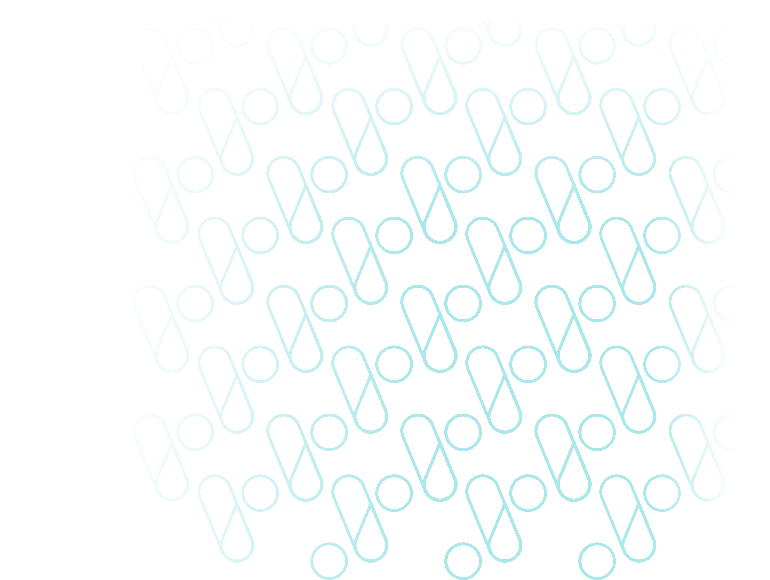Complete
This was an innovation project supported by the Better Care Victoria Innovation Fund.
Lead organisation
Alfred Health
Partner
Ambulance Victoria
Summary
One third of those aged over 65 years and living in the community will fall each year, potentially leading to a cascade of negative consequences including decreased confidence, reduced activity levels, functional decline, reduced quality of life, and social isolation. This, in turn, increases risk of dependency and institutionalisation.
Falls account for 16 per cent of all Ambulance Victoria (AV) dispatches within the area serviced by the Alfred Hospital (AH) and are the leading cause of emergency department (ED) admissions for people aged over 65 years. With an ageing population, demand on health services to care for older people who have experienced a fall is only expected to grow.
To help meet the needs of this cohort, AH and AV partnered to develop a collaborative falls response model called STRIDE, providing a specialised, in-home service to patients to reduce their risk of falling and prevent future hospitalisation.
Aims
- Evaluate the feasibility and impact of a collaborative model of care for people over 65 years old who have fallen and can be attended to in their own home
- Establish if there is a demand for and uptake of a collaborative falls response model
- Determine effects on falls-related emergency healthcare utilisation of AV and the ED
- Assess the effectiveness of the model of care on patient outcomes
- Identify patient and staff satisfaction with and perceptions of the collaborative falls response service
Outcomes
- Delivered comprehensive, in-home multifactorial assessments to 120 patients through the STRIDE service
- Reduced patients’ fear of falling
- Improved patients’ quality of life
- Reduced problems experienced by patients in areas such as pain and discomfort, self-care, and anxiety and depression
- Achieved high patient adherence with interventions and recommendations
- Received positive feedback from patients, clinicians and referrers
Update
December 2020 – Ninety-three of the 101 patients who participated in the one-month project follow-up completed an additional six-month follow-up. This showed that the quality of life improvements at one month had been sustained, and that patients’ fear of falling and problems experienced in areas such as mobility, self-care, pain/discomfort and anxiety/depression had reduced further.
Unfortunately, low demand for STRIDE meant it could not be sustained as a standalone service. However, the STRIDE model was well received, and its integration into a similar, existing service may have potential to address an unmet need in the community.

